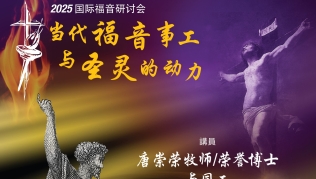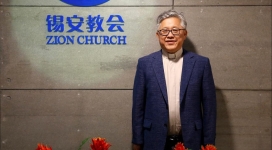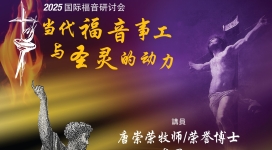BEIJING – The U.S. Commission on International Religious Freedom cancelled its scheduled trip to China for the second time because of the severe restrictions placed on the proposed trip.
Foreign Ministry spokesman Liu Jianchao told a press conference China had put in a lot of hard work ahead of the visit by the U.S. Commission on International Religious Freedom.
"But just before they started their visit, they made a new agenda. The two sides didn't reach a consensus on the new agenda and the U.S. side decided to postpone the visit."
The Dec. 8 postponement marked the second of its kind within this month; in August, the USCIRF canceled trip because officials refused to let them visit Hong Kong. This time, they postponed the visit because of the limited access placed in Hong Kong – USCIRF would be able to stop by Hong Kong, but not able to hold meetings there.
While on Dec. 9, China said it would welcome the commission, USCIRF Chairman Michael Young said in a written statement the panel had been placed in an "untenable position" by the Chinese government.
"Although we are encouraged by the demonstrated willingness of the Chinese side to schedule meetings for the commissioners with relevant leaders on the mainland," Young said, "we are disappointed that the Hong Kong issue has again become a hindrance between our two countries, standing in the way of a productive interaction on religious freedom.
"A successful commission visit to China is in the interest of both our countries," he said.
China is one of the world's most severe violators of religious freedom. It is among six countries designated by the Department of State as "countries of particular concern." The other five are Burma, Iran, Iraq, North Korea and Sudan.
Chinese policy requires churches to register with the government. China's repressive practices, which have included arrest, imprisonment and torture, have affected not only Protestants but Catholics, Muslims, Tibetan Buddhists and the Falun Gong sect as well.
The USCIRF, created in 1998 to provide independent advice to the U.S. government and Congress, makes reports and policy recommendations to Congress and the White House. The president and congressional leaders appoint the nine members who serve as commissioners.







